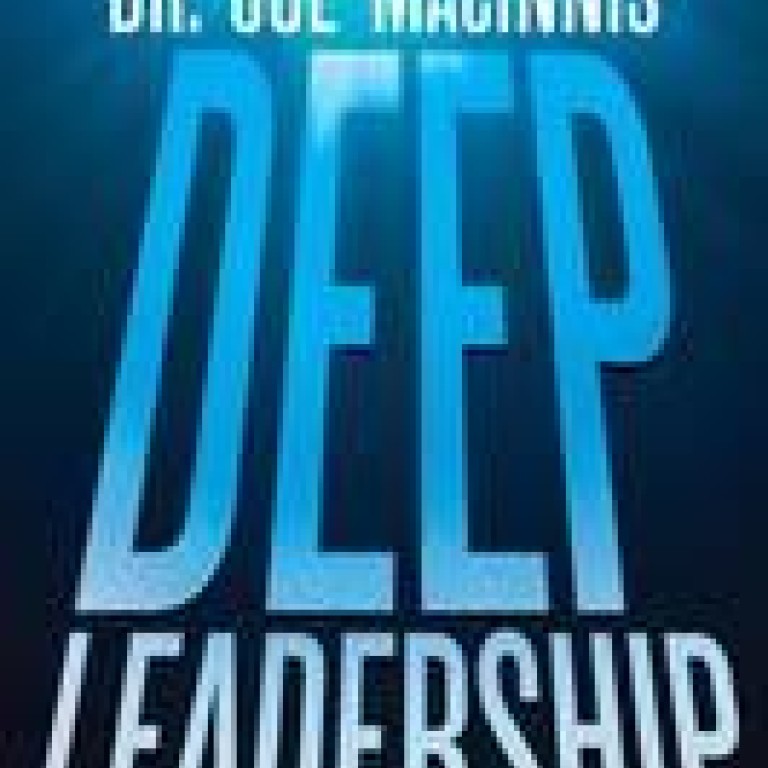
Leadership advice from high pressure danger zones
Canadian explorer Dr Joe MacInnis has a unique take on leadership - he is inspired by the insights he gains from the abyssal ocean and outer space. This book sets out to show how leadership traits developed in extremely high-pressure zones can apply to the wide world.
by Joe MacInnis
Random House
Canadian explorer Dr Joe MacInnis has a unique take on leadership - he is inspired by the insights he gains from the abyssal ocean and outer space. This book sets out to show how leadership traits developed in extremely high-pressure zones can apply to the wide world.
MacInnis' character-building guide, "shaped by the lethal physics of the ocean", highlights 12 key leadership traits: think cool competence; physical toughness; powerful presentations; hot-zone humour; mental resilience; strategic imagination; enduring trust; high-empathy communication; fierce ingenuity; team genius; resolute courage; and warrior's honour.
Twelve is no magic number. Still, it gives a taste of how vividly MacInnis writes. Rarely does the medical doctor with a thirst to motivate lapse into corporate cliché.
"Deep leadership is radically different than political and business leadership," he writes. "Make a leadership mistake working four thousand metres beneath the ocean, on the International Space Station or a military base in Afghanistan and you can lose more than money or jobs. You can lose lives - including your own. That's why I call it . That's why it's such a compelling model to help us understand and develop our own leadership traits."
MacInnis' advice is anchored in his military-flavoured exploration. He has led 10 research expeditions under the Arctic Ocean's ice, and served as Canadian-born film director James Cameron's assistant, roaming the wreck of the Titanic. Besides, MacInnis has bonded with the astronauts who built the International Space Station. And backed by the Canadian forces, he recently visited Afghanistan, interviewing the soldiers and air crews fighting the Taliban.
Quite a résumé, but with disarming humility, MacInnis admits that at school he demonstrated only average intelligence or lower - he was in the bottom 10 per cent of his class. "I'm academically challenged, largely self-taught and a huge believer in the alchemy of education," he writes.
Now MacInnis has 10 books behind him, including the companion books to his past two deep-sea expeditions.
He attributes his success to his fierce curiosity and various mentors, not least diver-filmmakers Jacques Cousteau and Cameron. MacInnis' take on the cineaste responsible for and is fascinating: "Among his strongest leadership traits are precision planning and fierce ingenuity. His preparations are so thorough that he makes plans for his plans," he reveals.
One quibble: MacInnis' conclusion that leadership strongly resembles the ocean in its multi-layered complexity is trite. Worse, falling prey to an occupational risk of writing a leadership guide, MacInnis can sound gung-ho - especially in his swansong chapter about warrior honour.
